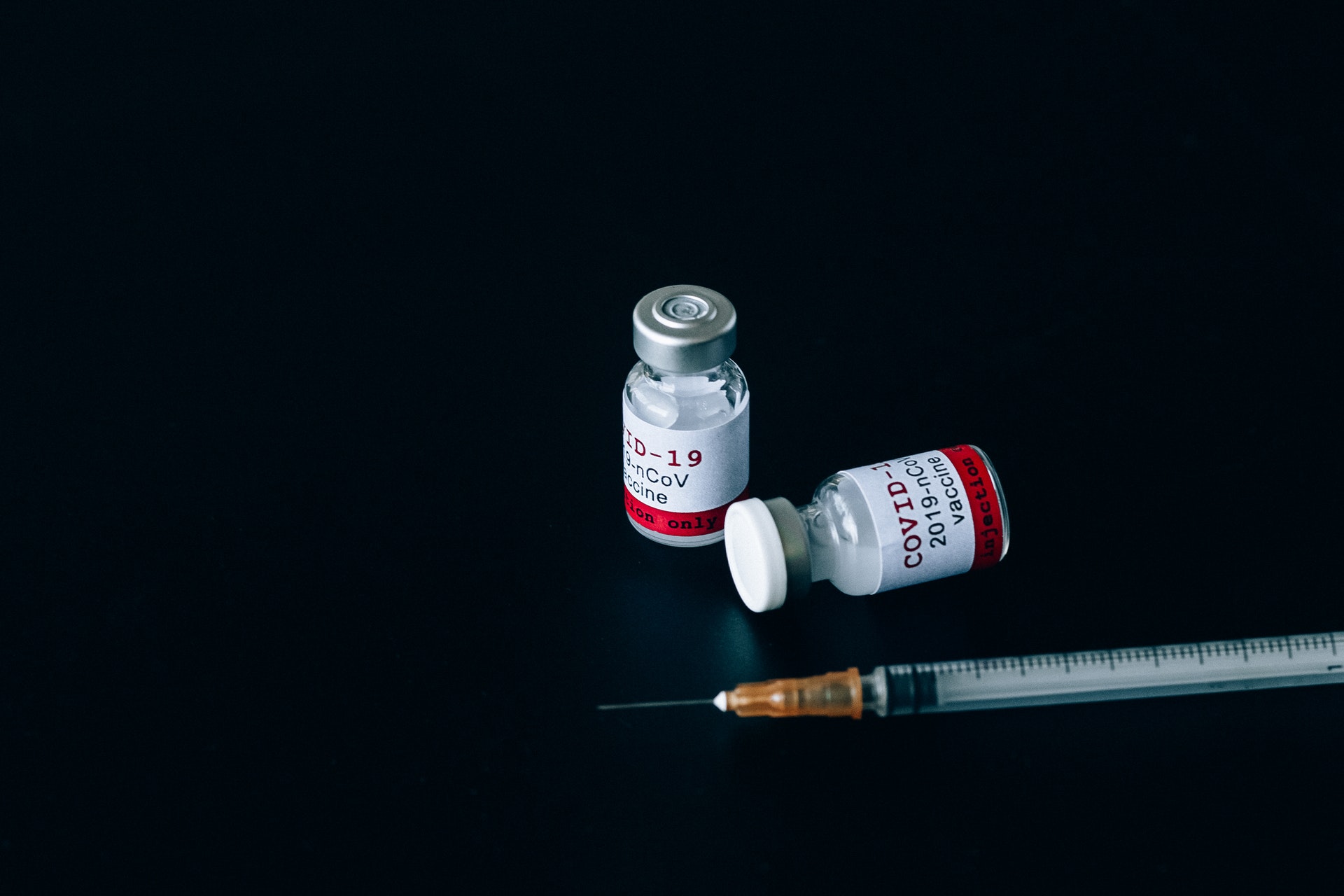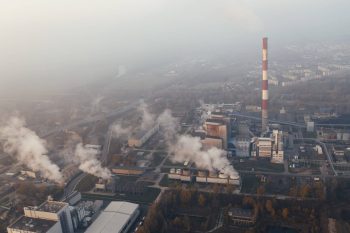In Europe there are three approved vaccines against coronavirus: Pfizer, Moderna and AstraZeneca. The Pfizer and Moderna vaccines have a messenger RNA that, once injected into people, leads the immune system to produce defenses (neutralizing antibodies) that block the coronavirus and protect against infection. The AstraZeneca vaccine works the same way but uses an Adenovirus (DNA) instead of the messenger RNA. RNA degrades more easily than DNA and that is why Pfizer and Moderna vaccines should be stored at temperatures between -20ºC and -70ºC while the AstraZeneca vaccine is kept at 4ºC.
First of all, it should be noted that the safety of vaccines is fully guaranteed. Studies have been carried out including a large number of people with each of the vaccines, without significant toxicity being observed, only effects already known in other vaccines (such as influenza: pain in the arm of the injection, redness, etc. .). Rare cases of allergic reaction to vaccines have been described. This is due to the rejection that some people have to a product included in the messenger RNA vaccines (Pfizer and Moderna), the Polyethylene glycol (PEG). The AstraZeneca vaccine contains Polysorbate 80 (similar to PEG), and in this case it is responsible for the allergic reaction. For this reason, people with a history of allergy to vaccine compounds must be excluded from vaccination.
Rumors about vaccines
The rumor that messenger RNA vaccines will affect our DNA is totally false since they cannot integrate into our genome. In addition, these vaccines do not cause any type of disorder or disease in the people who receive them.
Efficacy of each vaccine against coronavirus
The efficacy of the three vaccines is similar, conferring immunity in more than 90% of the vaccinated subjects. In our opinion, it is important to receive the two doses of the vaccine in the same time interval that has been carried out in the clinical trials (21-28 days). Protection against coronavirus appears between 1-2 weeks after receiving the last dose. Any alteration in this schedule could affect the efficacy of the vaccines.
Regarding the duration of protection conferred by vaccines, neutralizing antibodies have been shown to last at least 119 days. In our opinion, the protection will probably last much longer. Thus, in people who have passed COVID-19, neutralizing antibodies persist for at least 8 months. On the other hand, people who have suffered from COVID-19 should receive the vaccine since it would act as a “booster”, increasing the immune defenses. In addition, vaccination in these people does not carry any additional risk.
Our recommendations
For all these reasons, we consider it essential that as many people as possible (ideally all) are vaccinated. Finally, even after vaccination, we also consider that it is necessary to continue with masks and with all the protection measures until new data is available.





